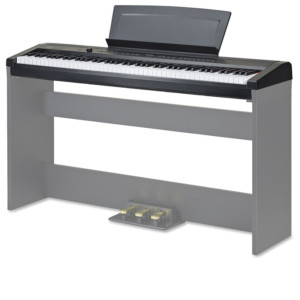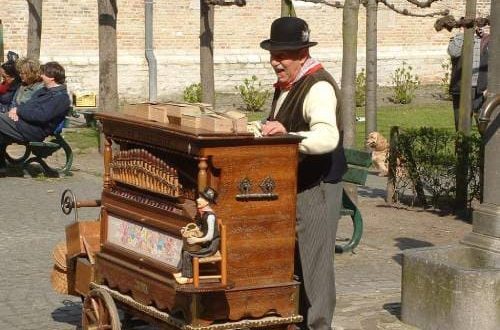What can you play on the piano? How to regain your piano skills after a long break?
This often happens – graduation programs have been performed, certificates of completion from a music school have been received, and happy graduate pianists rush home, rejoicing that there will be no more stressful academic concerts, difficult solfeggio, unexpected quizzes on musical literature, and most importantly, many hours of homework in their lives. on the piano!
Days pass, sometimes years, and what seemed so difficult becomes familiar and attractive. The piano beckons you on a journey through fabulous musical harmonies. But it was not there! Instead of euphonious chords, only dissonances burst out from under your fingers, and the notes turn into solid hieroglyphs, which become difficult to decipher.
These problems can be fixed. Let’s talk today about what to play on the piano and how to restore your playing skills after a break? There are a number of attitudes that you must accept for yourself in such a situation.
MOTIVATION
Oddly enough, it was not your desire, but academic concerts and transfer exams that were the incentive to study at home at a music school. Remember how you dreamed of that coveted excellent grade! Before restoring your skills, try to set yourself a goal and motivate yourself. For example, choose a piece to learn and perform it like this:
- musical surprise for mom’s birthday;
- musical gift-performance to a loved one for a memorable date;
- just an unexpected surprise for the occasion, etc.
SYSTEMATICITY
The success of performing activities depends on the desire and ability of the musician. Determine your study time and do not deviate from your goal. Standard lesson time lasts 45 minutes. Divide “your 45 minutes” of homework into various types of performance activities:
- 15 minutes – to play scales, chords, arpeggios, technical exercises;
- 15 minutes – for sight reading, repetition and analysis of simple plays;
- 15 minutes to learn a surprise play.
What to play on the piano?
In general, you can play whatever your heart desires. But if you feel timid and a little insecure, then you don’t have to immediately grab onto Beethoven’s sonatas and Chopin’s plays – you can also turn to a simple repertoire. The main collections for restoring playing skills can be any self-instruction manuals, sight reading manuals, or “Schools of Play”. For example:
- O. Getalova “Into music with joy”;
- B. Polivoda, V. Slastenko “School of Piano Playing”;
- “Sight reading. Allowance” comp. O. Kurnavina, A. Rumyantsev;
- Readers: “To a young musician-pianist”, “Allegro”, “Album of a student pianist”, “Adagio”, “Favorite piano”, etc.
The peculiarity of these collections is the arrangement of the material – from simple to complex. Start remembering easy plays – the joy of success in the game will add confidence in your own abilities! Gradually you will reach complex works.
Try playing the pieces in the following order:
- one melody in different keys, passed from hand to hand;
- a unison melody performed simultaneously in an octave with both hands;
- one bourdon (fifth) in accompaniment and melody;
- melody and change of bourdons in the accompaniment;
- chord accompaniment and melody;
- figurations in the accompaniment to the melody, etc.
Your hands have motor memory. With regular practice over a period of several weeks, you are sure to regain your pianistic skills and knowledge. Now you can enjoy works of popular music to your heart’s content, which you can learn from the following collections:
- “Music playing for children and adults” comp. Yu. Barakhtina;
- L. Karpenko “Album of a music connoisseur”;
- “In my spare time. Easy arrangements for piano” comp. L. Schastlivenko
- “Home music playing. Favorite classics” comp. D. Volkova
- “Hits of the outgoing century” in 2 parts, etc.
What else can you play on the piano?
Don’t be afraid to take on the “virtuoso” repertoire a little later. Play world-famous pieces: “Turkish March” by Mozart, “Fur Elise”, “Moonlight Sonata” by Beethoven, C-sharp minor Waltz and Fantasia-impromptu by Chopin, pieces from the album “The Seasons” by Tchaikovsky. You can do it all!
Encounters with music leave a deep mark in the life of every person; once you have performed a piece of music, it is no longer possible not to play! We wish you good luck!




